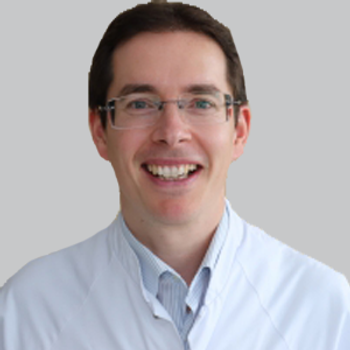
Swallowing difficulties, a major concern for patients with Parkinson disease, occurred rarely in the study, and were spontaneously resolved over time.

Swallowing difficulties, a major concern for patients with Parkinson disease, occurred rarely in the study, and were spontaneously resolved over time.
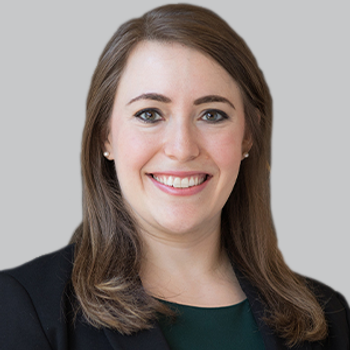
Although challenging, shared decision-making is a rewarding part of the practice of medicine. Involving patients in therapeutic decisions can improve patient autonomy and satisfaction—but it is not easy to implement.
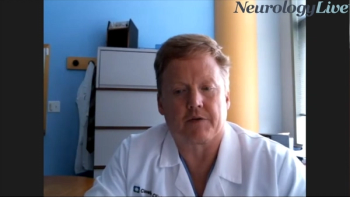
The associate staff member in the department of neurology at Cleveland Clinic discussed the major take-home points and post-hoc findings from a positive study of deep brain stimulation in poststroke patients. [WATCH TIME: 3 minutes]

The distinguished investigator at the National Institutes of Health provided insight on the topic of globalizing Parkinson disease genetics, and how it may lead to potential disease-modifying therapies.
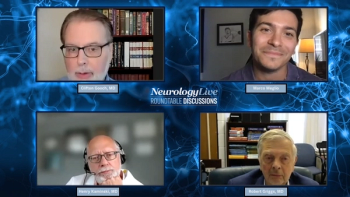
The group of experts provided perspectives on the shift in how residency programs are developed and laid out, as well as efforts to increase the number of young neurologists in the field.
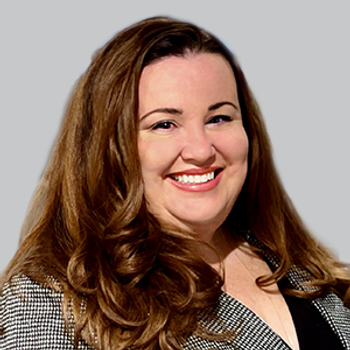
Christy Sheehy, PhD, chief executive officer and cofounder of C. Light Technologies, talked about the FDA clearance of Retitrack—retinal eye-movement monitor—and how the device holds promise for facilitating more accurate ocular motor assessments at bedside.
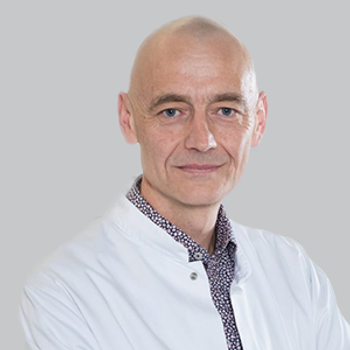
Previous neuroimaging studies in Parkinson disease suggest an altered interaction at a structural and functional level between cortical and subcortical areas of the brain that each contribute to gait dysfunction.
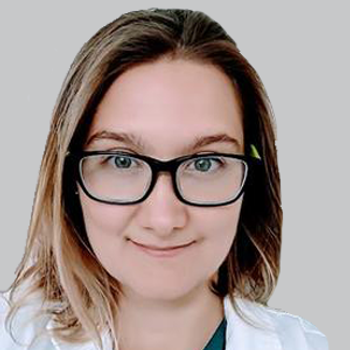
Patients treated with the probiotic saw benefits in non-motor symptoms such as sleep, fatigue, and gastrointestinal outcomes.
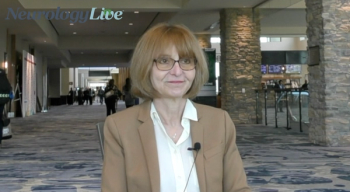
The professor of neurology at Washington University School of Medicine discussed the growing sense of hope among patients with progressive multiple sclerosis as providers gain an understanding in treating this form of the disease. [WATCH TIME: 3 minutes]
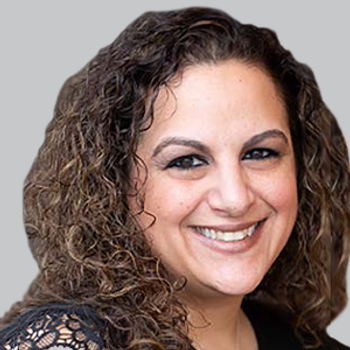
Falls cost the US more than $50 billion annually, but platforms like CatchU, a transformative digital health tool, provide quantitative fall assessment that might significantly enhance the current standard of care for predicting falls.
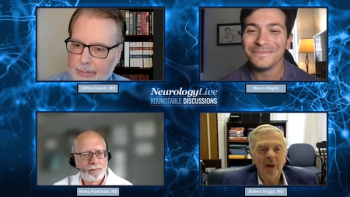
Former presidents of the AUPN shared perspective on the advances in neurology and how it was taught during their tenure.
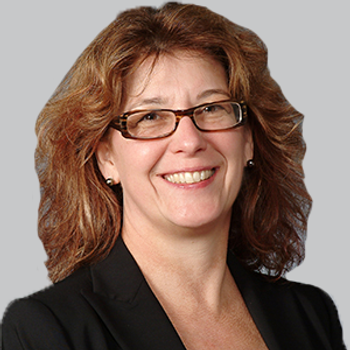
After a year of treatment, patients showed significant improvements in ON time without troublesome dyskinesia, with more apparent effects observed in the high-dose group.
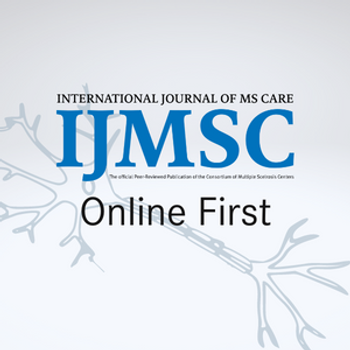
Here's the latest multidisciplinary MS research published online first in the International Journal of MS Care.
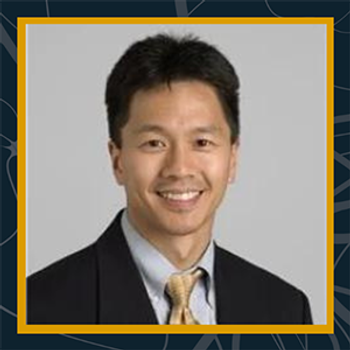
As part of our monthly clinician spotlight, NeurologyLive® highlighted expert Gary Hisch, MD, pediatric neurologist at Cleveland Clinic, who oversees programs for neuromuscular disorders such as for patients with spinal muscular atrophy.
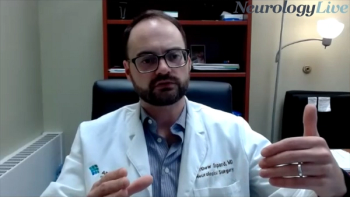
The neurosurgeon at Allegheny Health Network discussed the current uses of GammaTile following tumor removal, and the research needed to unlock greater potential. [WATCH TIME: 3 minutes]

Here's some of what is coming soon to NeurologyLive® this week.
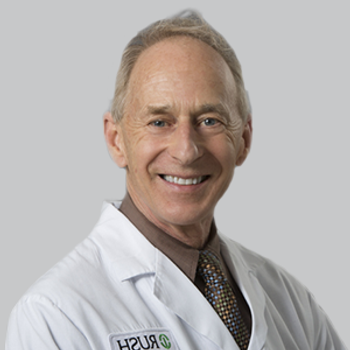
Lixisenatide, commonly used to treat type 2 diabetes, has the ability to cross the blood brain barrier and has shown neuroprotective properties in preclinical models of PD.
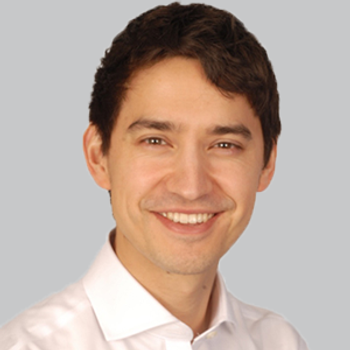
Significant thinning of GCIPL and INL appeared earlier in individuals with Parkinson disease, being discernible several years prior to clinical presentation.
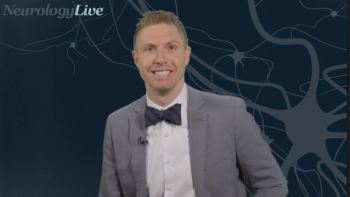
The director of pharmacy at Emory Healthcare and Winship Cancer Institute talked about the role of pharmacists in multiple sclerosis patient care and collaborating with providers as biosimilars become available. [WATCH TIME: 5 minutes]
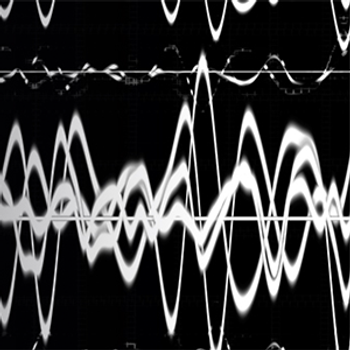
With limited options available in perimenstrual catamenial epilepsy, a phase 4 study seeks to understand whether an FDA-approved agent for focal onset seizures can effectively treat women with difficult-to-manage disease.

Test your neurology knowledge with NeurologyLive®'s weekly quiz series, featuring questions on a variety of clinical and historical neurology topics. This week's topic is neuromuscular disorders.
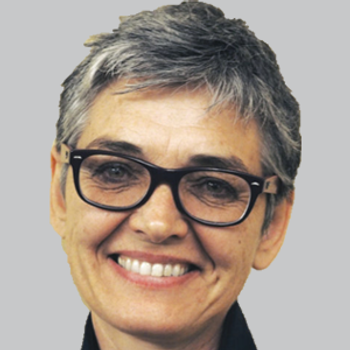
Time to the first clinical event was significantly extended in the teriflunomide arm compared with placebo, in both the unadjusted and adjusted analysis.

Cervical dystonia, the most common form of focal dystonia, has shown to be able to be effectively managed with a variety of botulinum toxin formulations.
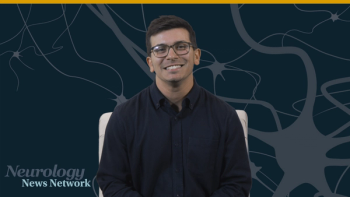
Neurology News Network for the week ending August 26, 2023. [WATCH TIME: 3 minutes]

Take 5 minutes to catch up on NeurologyLive®'s highlights from the week ending August 25, 2023.
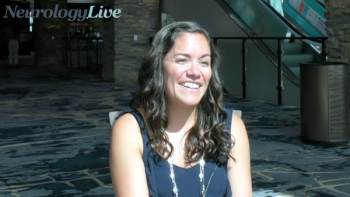
The neuromuscular and movement disorders speech-language pathologist at Orlando Health discussed strategies in managing the phases of multiple sclerosis for patients and the need for collaborative referral practices. [WATCH TIME: 5 minutes]
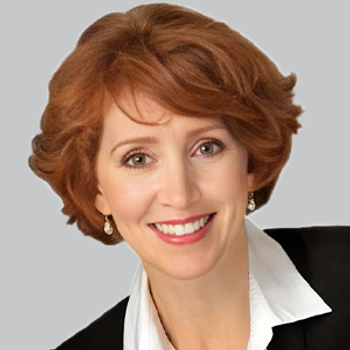
Despite a promising increase in the number of patients who receive preventive medications for migraine, a wide gap remains to effectively meet patient needs and reduce the burden of migraine.

Mind Moments®, a podcast from NeurologyLive®, brings you an exclusive interview with Nicole Fowler. [LISTEN TIME: 23 minutes]
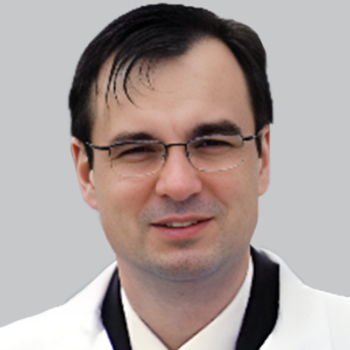
The injection therapy, branded as Tyruko, is indicated for the treatment of adults with MS, as well as those with severely active Crohn disease with inadequate response or tolerability to conventional therapy.
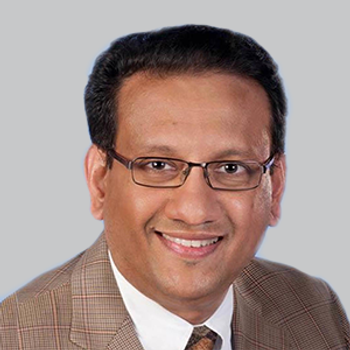
TSHA-102, an adeno-associated virus vector-based gene therapy for Rett Syndrome, has also received Orphan Drug and Rare Pediatric Disease designations from the FDA.